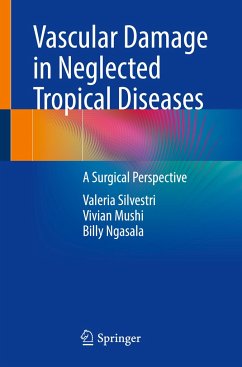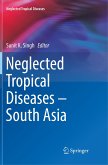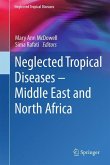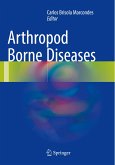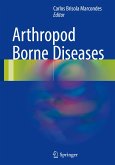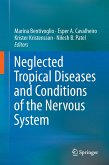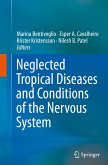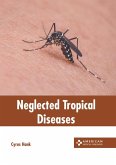In the realm of surgical pathology, specifically within regions endemic to neglected tropical diseases (NTDs), this book serves as a comprehensive reference on nonclassical vascular risk factors from an epidemiological standpoint. It addresses the often-overlooked issue of vascular damage in patients afflicted with parasitic diseases and other NTDs. Current literature primarily consists of rare individual case reports and case series for each specific disease, making this book a valuable contribution to the field.
The book describes various aspects related to vascular involvement in NTDs, including parasitological, vector borne diseases and snakebite-associated vascular lesions. Although these cases and their underlying pathophysiologic mechanisms are rarely reported and remain understudied, this book describes the various nuances of surgical vascular pathology in this setting, encouraging further research in this area. Five main topics are covered: the vascular problems in patients with 1. Schistosomiasis, 2. Amebiasis, 3. Hydatidosis, 4. Lymphatic filariasis, and 5. Snakebites.
This work raises awareness of these rarely reported diseases in areas where they are more common or in countries where they are imported, among physicians directly involved in the management of these cases. It serves as a guide to treatment from presentation through the various steps of patient care. The book is a reference for all professionals concerned with morbidity associated with neglected tropical diseases, particularly vascular morbidity of surgical interest, both research and clinical, in endemic and non-endemic settings. It is a valuable resource for the continuing education of health professionals working in this field. It serves as a textbook for vascular surgery fellows interested in non-classical cardiovascular risk factors leading to surgical conditions. This specific topic related to non-communicable comorbidities in diseases of parasitological interest is useful for parasitologists and public health specialists at master level and above.
Hinweis: Dieser Artikel kann nur an eine deutsche Lieferadresse ausgeliefert werden.
The book describes various aspects related to vascular involvement in NTDs, including parasitological, vector borne diseases and snakebite-associated vascular lesions. Although these cases and their underlying pathophysiologic mechanisms are rarely reported and remain understudied, this book describes the various nuances of surgical vascular pathology in this setting, encouraging further research in this area. Five main topics are covered: the vascular problems in patients with 1. Schistosomiasis, 2. Amebiasis, 3. Hydatidosis, 4. Lymphatic filariasis, and 5. Snakebites.
This work raises awareness of these rarely reported diseases in areas where they are more common or in countries where they are imported, among physicians directly involved in the management of these cases. It serves as a guide to treatment from presentation through the various steps of patient care. The book is a reference for all professionals concerned with morbidity associated with neglected tropical diseases, particularly vascular morbidity of surgical interest, both research and clinical, in endemic and non-endemic settings. It is a valuable resource for the continuing education of health professionals working in this field. It serves as a textbook for vascular surgery fellows interested in non-classical cardiovascular risk factors leading to surgical conditions. This specific topic related to non-communicable comorbidities in diseases of parasitological interest is useful for parasitologists and public health specialists at master level and above.
Hinweis: Dieser Artikel kann nur an eine deutsche Lieferadresse ausgeliefert werden.

